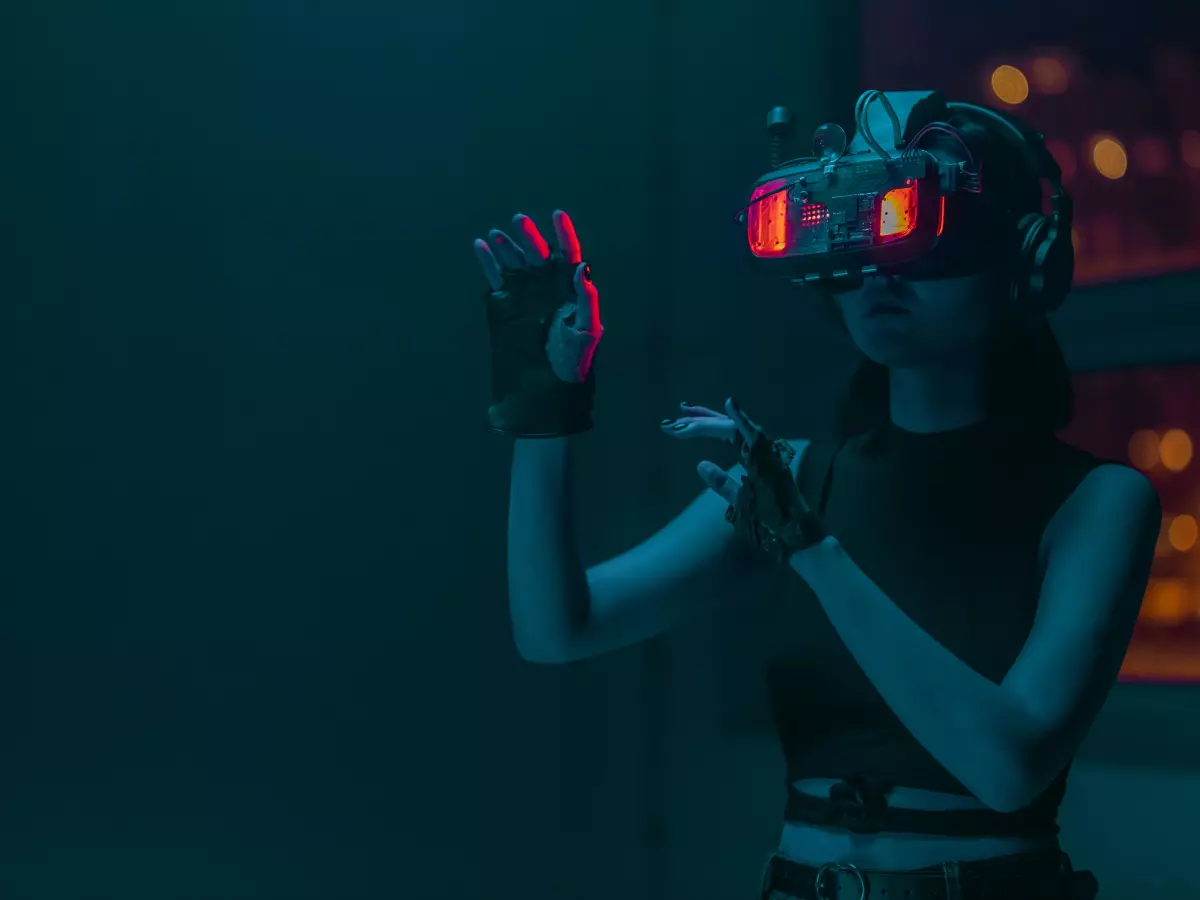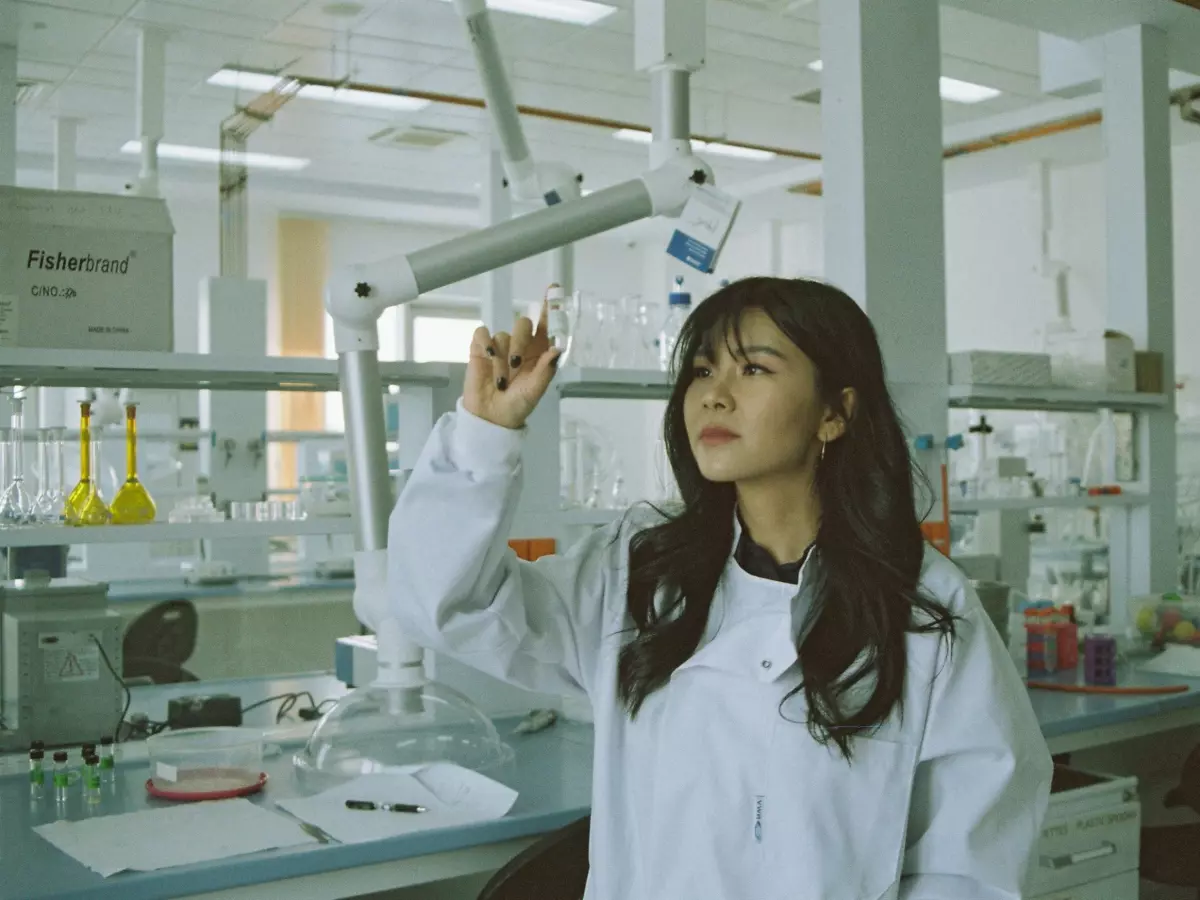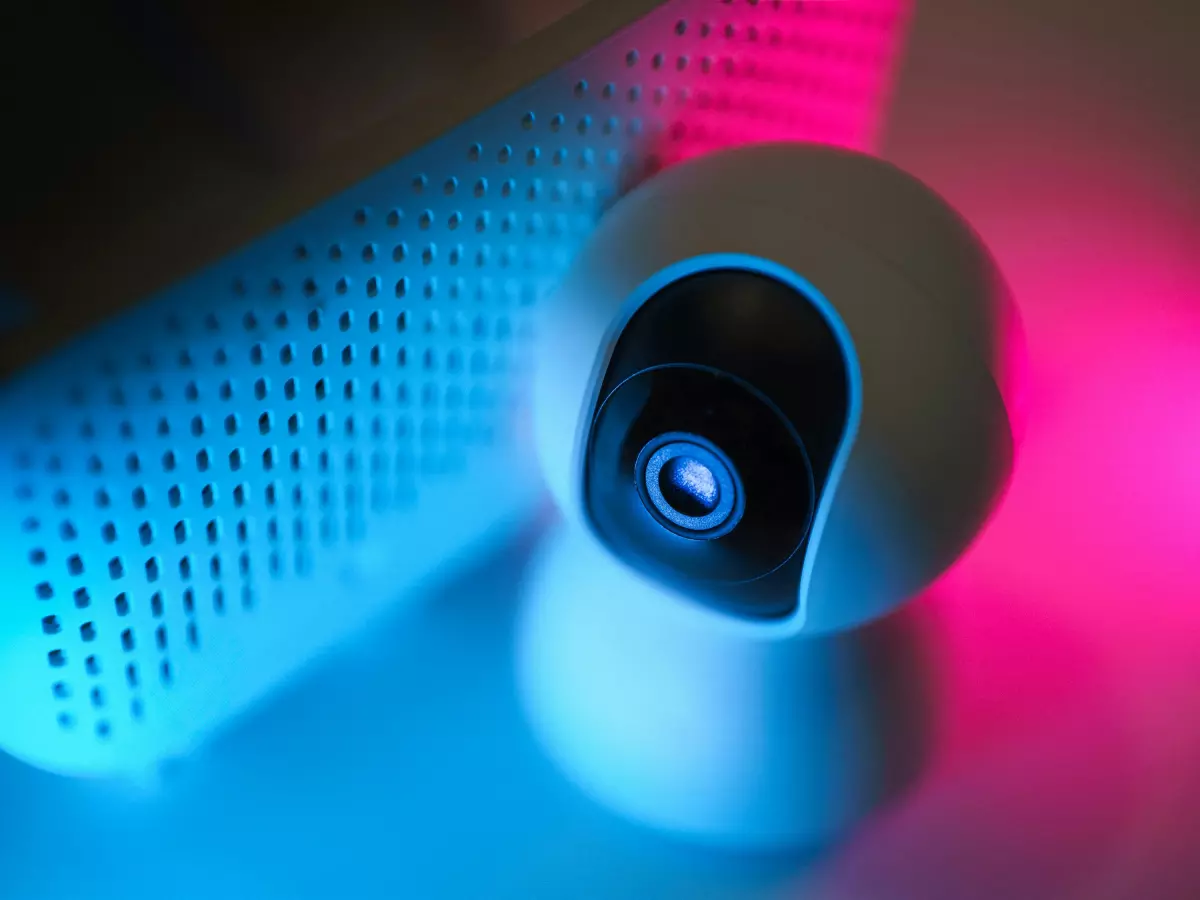Smart Sensors
Ever wonder how your phone knows when to switch from portrait to landscape? Or how your smartwatch tracks your heart rate so accurately? It’s all thanks to smart sensors, and one tech innovator has been quietly revolutionizing this field, changing the way we interact with the world around us.

By Wei-Li Cheng
Let’s rewind for a second. Picture this: It’s the early 2000s, and sensors are clunky, expensive, and mostly used in industrial settings. They’re not exactly the kind of thing you’d find in your pocket, on your wrist, or embedded in your home. But one visionary saw the potential for sensors to become smaller, smarter, and more ubiquitous. Enter Dr. Lina Chen, a Taiwanese engineer who has been at the forefront of smart sensor technology for over two decades.
Dr. Chen’s journey into the world of sensors started in a small lab at National Taiwan University, where she was researching microelectromechanical systems (MEMS). At the time, MEMS sensors were still in their infancy, but Dr. Chen saw their potential to revolutionize everything from consumer electronics to healthcare. Fast forward to today, and her innovations are powering some of the most advanced devices on the planet.
From Lab to Life
Dr. Chen’s breakthrough came when she developed a new type of MEMS sensor that was not only smaller and more efficient but also capable of processing data in real-time. This was a game-changer. Suddenly, sensors could do more than just collect data—they could analyze it on the spot, making them ideal for applications like fitness trackers, smart homes, and even autonomous vehicles.
One of her early successes was working with a major smartphone manufacturer to integrate her sensors into their devices. You know that moment when you flip your phone from portrait to landscape, and the screen adjusts instantly? You can thank Dr. Chen for that. Her sensors made it possible for phones to detect motion and orientation with unprecedented accuracy.
But Dr. Chen didn’t stop there. She saw the potential for smart sensors to revolutionize healthcare. By integrating her sensors into wearable devices, she helped create a new generation of health trackers that could monitor everything from heart rate to blood oxygen levels. These devices aren’t just for fitness buffs—they’re saving lives by detecting early signs of heart disease, sleep apnea, and other conditions.
Changing the Game in IoT
As the Internet of Things (IoT) began to take off, Dr. Chen’s sensors found a new home in smart devices. From smart thermostats that learn your preferences to security cameras that can distinguish between a person and a pet, her innovations have made IoT devices more intelligent and responsive.
One of the most exciting applications of her technology is in autonomous vehicles. Dr. Chen’s sensors are now being used to help self-driving cars navigate the world around them. By providing real-time data on everything from road conditions to nearby obstacles, her sensors are helping to make autonomous vehicles safer and more reliable.
And it’s not just cars. Drones, robots, and even smart cities are benefiting from Dr. Chen’s work. Her sensors are being used to monitor air quality, optimize energy usage, and even manage traffic flow in real-time. It’s no exaggeration to say that her innovations are helping to build the cities of the future.
The Leadership Behind the Innovation
So, what makes Dr. Chen such a successful innovator? It’s not just her technical expertise—although that certainly helps. It’s her ability to see the big picture and anticipate where technology is headed. While many of her peers were focused on making sensors smaller and cheaper, Dr. Chen was thinking about how they could be integrated into everyday life in ways that would make a real difference.
Her leadership style is also worth noting. Dr. Chen is known for fostering a collaborative environment in her lab, encouraging her team to think creatively and take risks. She’s not afraid to fail, and she’s always pushing the boundaries of what’s possible. This approach has led to some of the most groundbreaking innovations in the field of smart sensors.
In interviews, Dr. Chen often talks about the importance of interdisciplinary collaboration. She believes that the best innovations come from combining different fields of expertise, whether it’s engineering, biology, or even psychology. This holistic approach has allowed her to develop sensors that are not only technologically advanced but also user-friendly and adaptable to a wide range of applications.
What’s Next for Smart Sensors?
So, what’s next for Dr. Chen and the world of smart sensors? If her track record is anything to go by, we can expect even more exciting innovations in the years to come. One area she’s particularly interested in is environmental monitoring. With climate change becoming an increasingly urgent issue, Dr. Chen believes that smart sensors can play a crucial role in helping us better understand and mitigate its effects.
She’s also working on developing sensors that can be implanted in the human body to monitor health conditions in real-time. Imagine a world where your doctor can get a full report on your health just by checking an app. That’s the future Dr. Chen is working towards, and it’s closer than you might think.
Another exciting development is the integration of artificial intelligence with smart sensors. By combining AI with real-time data from sensors, Dr. Chen believes we can create systems that are not only reactive but also predictive. This could have huge implications for everything from healthcare to autonomous vehicles, making our world safer, smarter, and more efficient.
The Future Is Smart
As we move into a future where smart devices are becoming an integral part of our lives, it’s clear that Dr. Lina Chen’s innovations will continue to play a crucial role. Whether it’s helping us stay healthy, making our cities more efficient, or enabling the next generation of autonomous vehicles, her work is shaping the world we live in—and the one we’re building for tomorrow.
So, the next time you flip your phone or check your heart rate on your smartwatch, take a moment to appreciate the tiny, powerful sensors that make it all possible. And remember the visionary behind them—Dr. Lina Chen, the innovator who transformed smart sensors and, in doing so, helped make our world a little bit smarter.
In a recent interview, Dr. Chen was asked what advice she would give to young engineers. Her response? “Don’t be afraid to think big. The world is full of problems waiting to be solved, and technology is the key to solving them. But you have to be willing to take risks and push the boundaries of what’s possible.”
Wise words from someone who’s been doing just that for over two decades.





